|
Getting your Trinity Audio player ready...
|
Reading Time 3 mins
Thursday, February 6, 2020
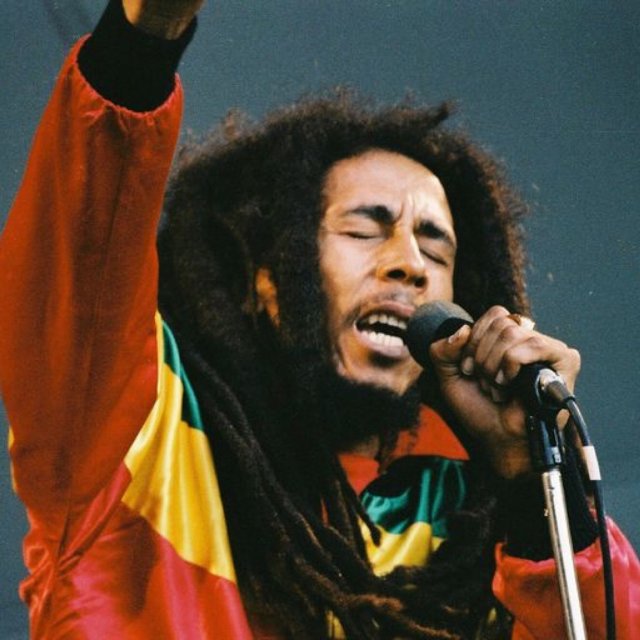
“Play I some music, (dis ya) reggae music”, so begins Bob Marley’s Roots Rock Reggae. In today’s world, Reggae is universal and Jamaica is synonymous with that Genre. There is not a country that has not adopted Reggae as part of its music.
Jamaica, a land built by slave labor, captured by the Spaniards and snatched by the English. The Europeans exterminated the natives and filled the island with Africans, captured and enslaved. They added Indian and Chinese labor to the menu. The Africans brought with them instruments of music, so did the indentured laborers and the Euros. Four hundred years of slavery and the culture of the enslaved gave rise to African retentive music that would eventually evolve into mento, ska, rock steady and reggae.
Robert Nesta Marley (1945 – 1981) rose to the occasion and as one of the Wailers trio that included Peter Tosh and Bunny Wailer, placing Reggae on the musical map.
The 1979 Revolution in Grenada, was referred to as a Big Revolution in a small country and Reggae is Big Music on a tiny island.
Slavery in the Caribbean generated many uprisings, the most famous was the Haitian rebellion (1789 – 1804), resulted in the victory of the slaves – the Black Jacobins, in the words of CLR James. Jamaica had numerous such rebellions, including one which led to the establishment of Maroon societies. In 1938 Jamaica was shaken by labor struggles and the beginnings of a new revolutionary awakening.
This led to heightened revolutionary consciousness among the former slaves and their allies. Mento, Ska, and Rock Steady incorporated and began to reflect daily life in their lyrics. Reggae music took this lyrical resistance to higher limits and Bob was the genius behind this.
In Roots Rock Reggae, Bob waxes:
“Hey, mister music, sure sounds good to me
I can’t refuse it, what to be got to be
Feel like dancing, dance because we are free
Feel like dancing, come dance with me“
We are free. Freedom, captivity, ghetto life, protest, revolution and black consciousness were themes throughout Bob’s short-lived life. He critiques the do nothing of the Church (organized religion) – “feel like bombing a church.” He warned against the “hungry mob” being the “angry mob.” Bob’s music was a reflection of the garbage left in a post-colonial society, where the monarchy no longer rules but the rise of the politicians was the new social phenomenon. Revolution reviled against them. His redemption song like Jesus in the garden and Martin Luther King’s last speech, impacted Bob. “Can’t live in the past” live in the present and prepare for the future.
Bob was an African and an internationalist, his epic rendering of Haile Selass’e I’s words in “War” demonstrates this:
“Until the philosophy
Which hold one race superior and another
Inferior
Is finally
And permanently
Discredited
And abandoned,” Everywhere is war
Me say war.”
And that until there no longer
First-class and second-class citizens of any nation
Until the color of a man’s skin
Is of no more significance than the color of his eyes
Me say war”
I met Bob on several occasions, at the Apollo in Harlem, and at his last performance at Madison Square Garden. He was a gentle, warm person. He was very hurt by the turmoil in the ’70s. He did not understand it. He saw it as an escalation of the PNP, JLP historic rift and not in a revolutionary manner. He tried to bring Manley and Seaga together, hoping to help heal the nation. His life was threatened for attempting to bring peace in his peace concert. Peter Tosh warned that it wasn’t going to work.
Bob died too soon and had he lived to see 75, we would be blessed with many more psalms of Freedom from the Legend.
///////////////\\\\\\\\\\\\\\\\\/////////////////\\\\\\\\\\\\\\\\\////////////////////\\\\\\\\\\\\\\\\\\\
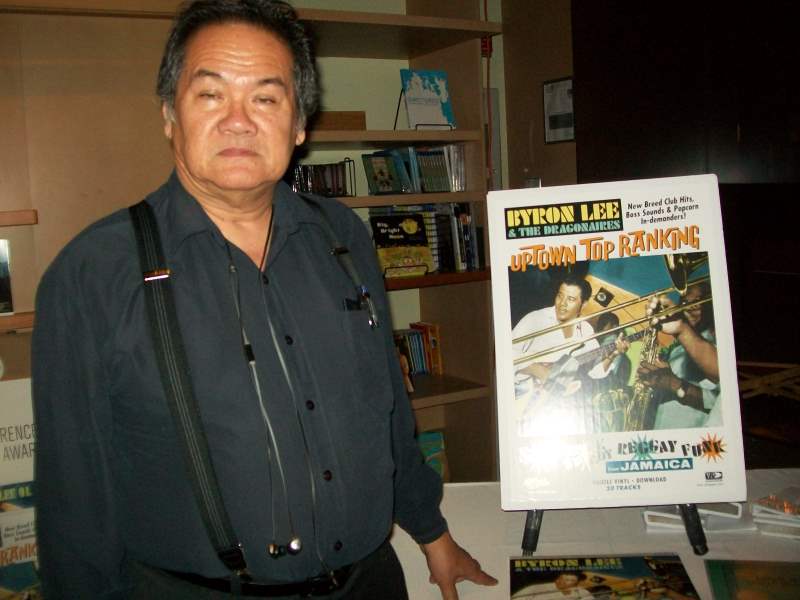
Richard Hoyen is a Jamaican-born educator. He lives with his wife and family in the Bronx, New York.

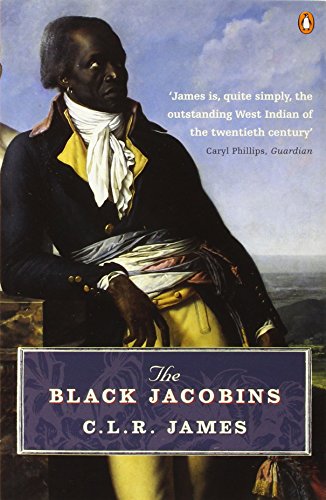
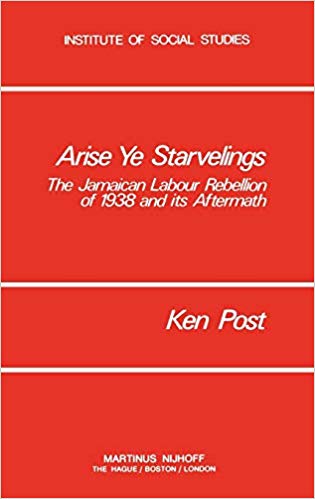
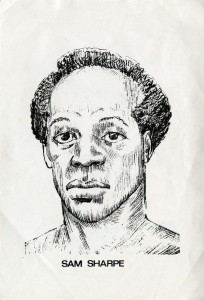

Thanks for this, Richard. Thoroughly enjoyed.
Happy Birthday Bob!
RIP Ritchie – gone way too soon